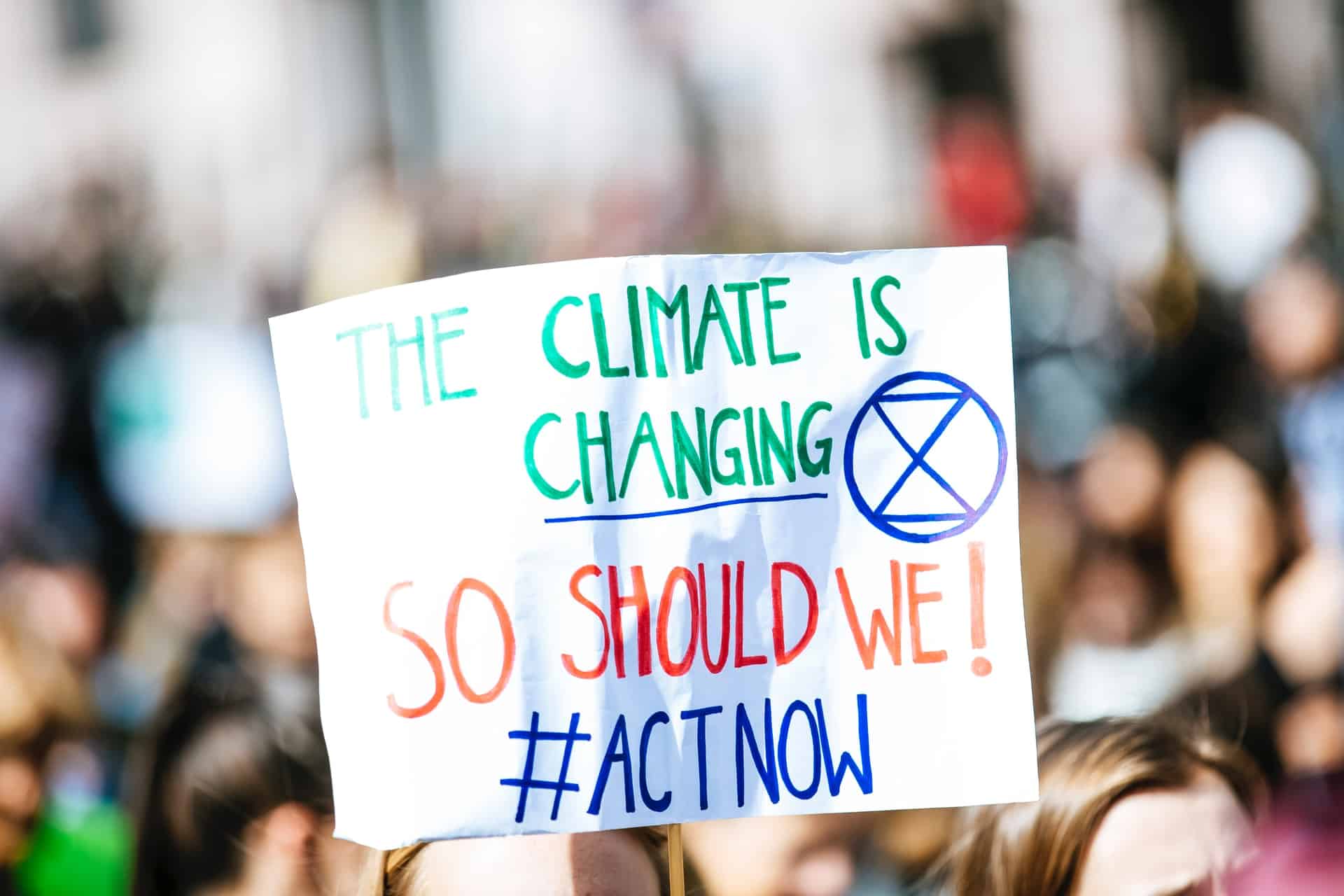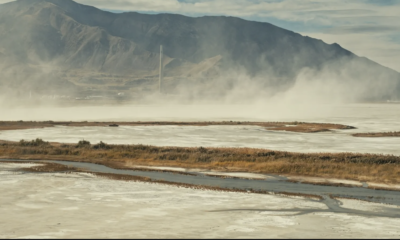Environment
Climate change is affecting every region on Earth in multiple ways: IPCC Report
Scientists are observing changes in the Earth’s climate in every region and across the whole climate system, says the latest Intergovernmental Panel on Climate Change (IPCC) report. It provides new estimates of the chances of crossing the global warming level f 1.5 C in the next decades, and finds that unless there are immediate, rapid and large-scale reductions in greenhouse gas emissions, limiting warming to close to 1.5°C or even 2°C will be beyond reach.
Valerie Masson-Delmotte, IPCC Working Group I co-chair, described the report as a reality check. “We now have a much clearer picture of the past, present and future climate, which is essential for understanding where we are headed, what can be done, and how we can prepare.”
This report comes in the backdrop of wildfires, which is very much a evident of climate change, raging across Greece and Turkey over the past week. It projects that in the coming decades, climate change will increase in all regions. For 1.5°C of global warming, there will be increasing heat waves, longer warm seasons and shorter cold seasons. At 2°C of global warming, heat extremes would more often reach critical tolerance thresholds for agriculture and health.
“Climate change is bringing multiple different changes in different regions, which will all increase with further warming. These include changes to wetness and dryness, to winds, snow and ice, coastal areas and oceans,” the report stated.
The evident climatic changes
Climate change is affecting rainfall patterns. In high latitudes, precipitation is likely to increase, while it is projected to decrease over large parts of the subtropics. Changes to monsoon precipitation are expected, which will vary by region. Coastal areas will see continued sea level rise throughout the 21st century, contributing to more frequent and severe coastal flooding in low-lying areas and coastal erosion. Extreme sea level events that previously occurred once in 100 years could happen every year by the end of this century.
Changes to the ocean, including warming, more frequent marine heatwaves, ocean acidification and reduced oxygen levels have been clearly linked to human influence. These changes affect both ocean ecosystems and the people that rely on them, and they will continue throughout at least the rest of this century. Climate change is intensifying the water cycle. This brings more intense rainfall and associated flooding, as well as more intense drought in many regions.
Also Read: Climate change will prove catastrophic for the world
Carbon dioxide the main driver of climate change
The IPCC report points out that, human action has the potential to determine the future course of climate. The evidence is clear that carbon dioxide is the main driver of climate change, even as other greenhouse gases and air pollutants also affect the climate.
Panmao Zhai, IPCC Working Group I, Co-Chair, said climate change is already affecting every region on Earth, in multiple ways and it will increase with additional warming. “Stabilizing the climate will require strong, rapid and sustained reductions in greenhouse gas emissions, and reaching net zero carbon dioxide emissions.” Zhai shared that limiting other greenhouse gas and air pollutant, especially methane, could have benefits both for health and the climate.












































Pingback: Tsunami Threat Lifted as 7.0 Earthquake Rocks California, Oregon
Pingback: Palisades fires Ravage LA Suburbs, South California with wildfires